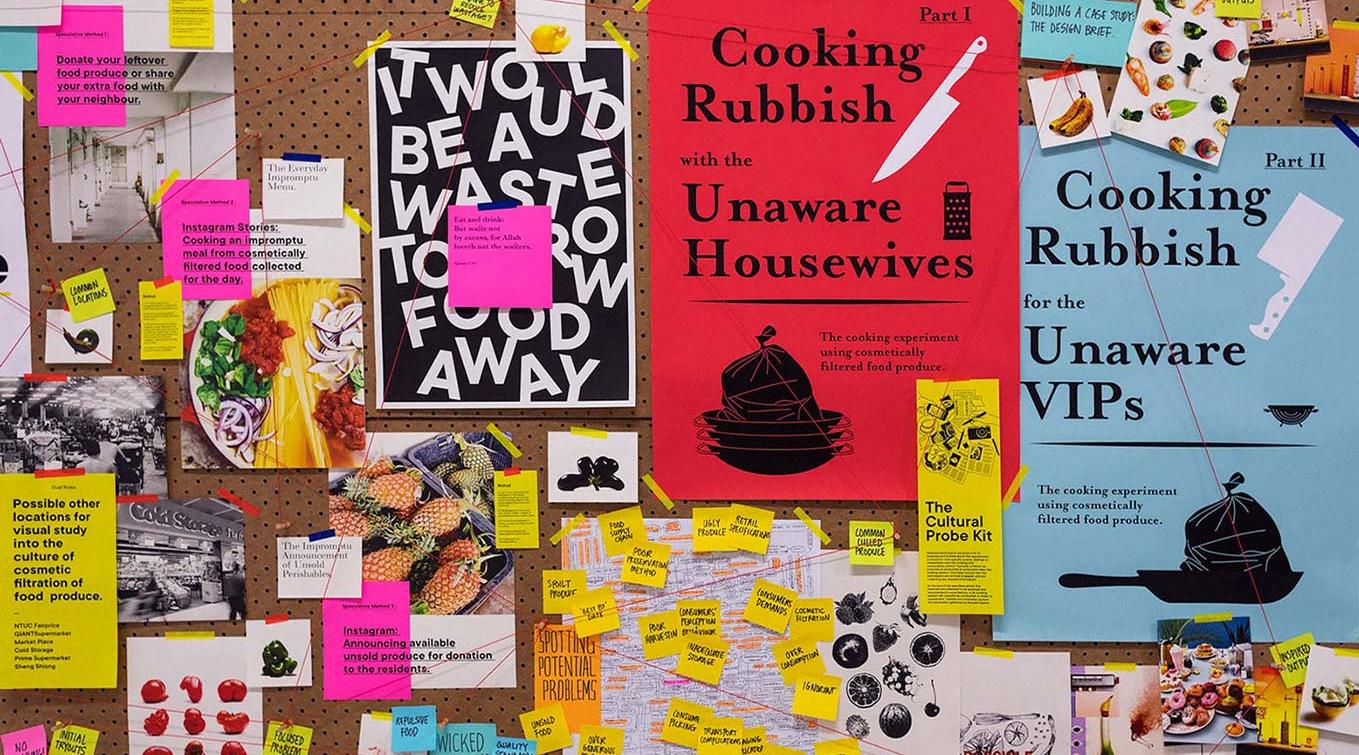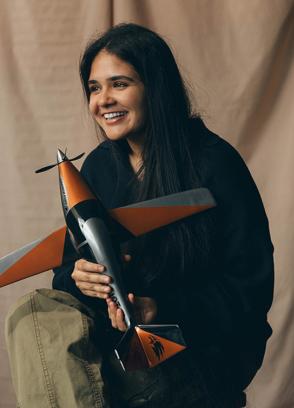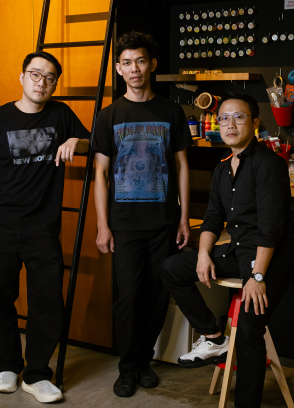26 September 2018
A simple Google search on the definition of design yields 10,130,000,000* hits, which is about 7,760,000,000 more than 'what is engineering' and 5,640,000,000 more than 'what is marketing'. Design may be an emerging discipline with less of a documented history than others, but many have realised it is permeating every aspect of our lives. People are naturally curious.
In a nutshell, design is creation with a purpose - it is an intentional act of making ideas real, of making a difference. Behind this short answer though is a meticulous process and as Dr Harah Chon, lecturer of LASALLE's MA Design programme explained, "What designers do as a methodology has become what we now refer to as design thinking."
As a research-led, practice-based course, candidates of the MA Design programme will learn by doing. The curriculum contextualises design in relation to recent developments, examines the interdependency between design and other fields, and offers a residency programme for the testing of ideas - all the while supporting students to generate their own design processes.
For instance, student Pitha Wala Batul has developed a knowledge transference method of learning about permaculture and acquiring its relevant skills with the women from Gudiya Village, India. Through co-designing, this project has empowered the women in their daily lives and enabled Batul to enhance her knowledge base as a designer.
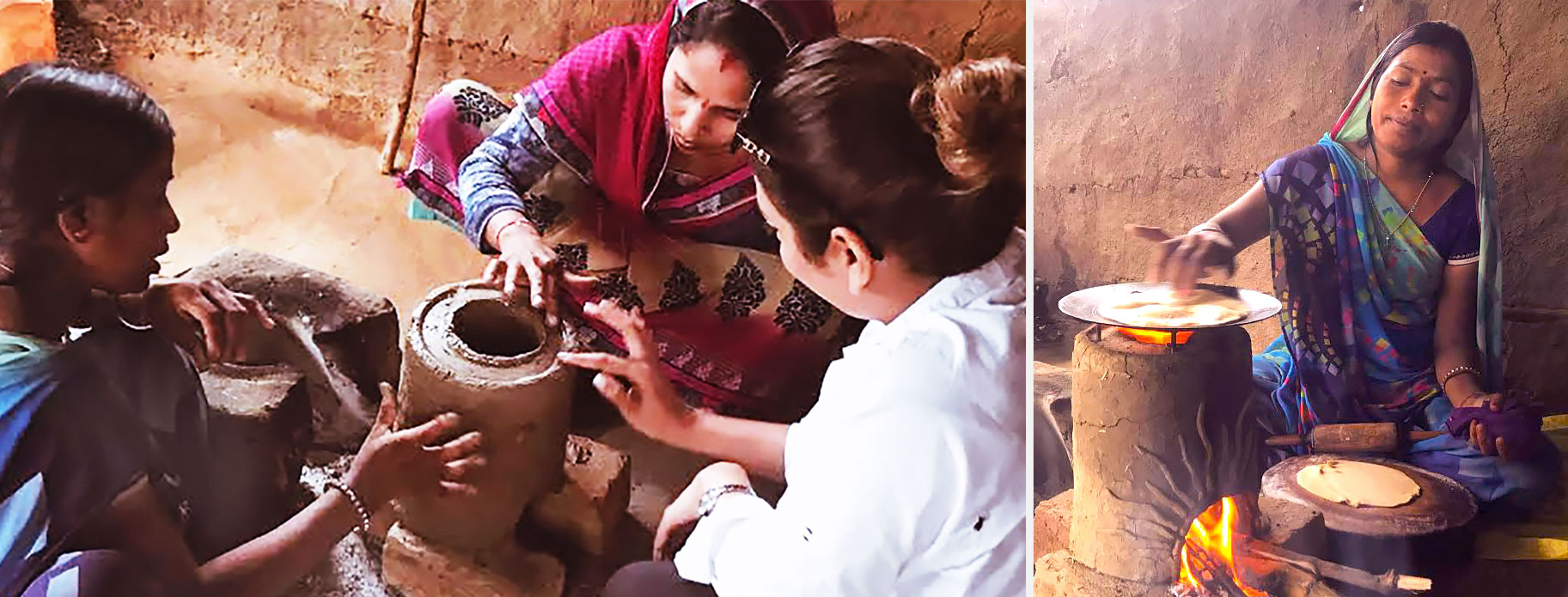
Such thoughtful inquiry, self-reflexivity and collaboration is a hallmark of the programme. "Designers require such robustness in thinking, doing, exploring, reflecting and understanding if they want to effect some form of progress in society," Harah shared.
With that said, designers eschew being labelled as 'problem-solvers' since no solution is absolute in its ability to address a problem completely.
It may seem a mere case of grappling with semantics but in reframing a designer's work as a response to a problem, as opposed to a solution, this opens up possibilities. Possibilities to investigate the underlying systems that created said problem in the first place, and to unearth the real issue at hand; possibilities to interact and work with stakeholders to make a change for the better, and not compound the problem further. With the focus on the process (the response to the problem) rather than the outcome (the solution to the problem), this allows designers to bear more accountability for the work they do.
Anthony Dunne and Fiona Raby made a distinction between affirmative design and critical design in their widely-acclaimed book Speculative Everything: Design, Fiction, and Social Dreaming. The MA Design programme at LASALLE deals in this latter realm where the rigour demanded of students is much higher, requiring them to wear the hat of a critic to ask difficult, confrontational even, but entirely valid and significant questions about design and its role in society.
"Many students come to us eager to discover what design can do to address social and/or cultural concerns," Harah noted. "To re-structure how they perceive and communicate with the world, to get them to consider the implication of their design action, we intentionally ask them to view design with broader and deeper perspectives in order to better understand the complexities of problem spaces."
This is an attitude and way of thinking that transcends disciplines, which is probably why the programme has witnessed even individuals from non-design backgrounds applying to it.
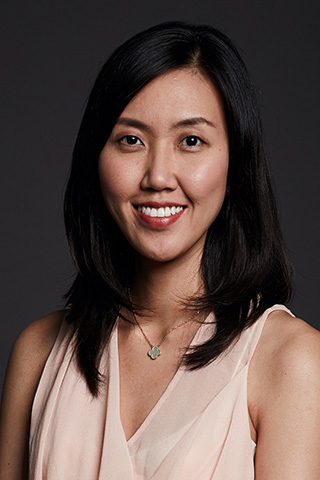
With her research largely concerned with design knowledge and transference, Harah is well-suited to assist students with the task at hand. Testament to this is her framework, illustrating the fluidity of information between designers, individuals and society, being published in the Routledge Companion to Design Research (2014) - a compendium that celebrates quality, original theoretical approaches from the global design community.
As societies move with ever greater momentum into the future, new ways of living, interacting, playing, and working will emerge. Such prospects are exhilarating, but will inevitably be coupled with fresh anxieties and issues. With design's ability to mediate between past and future, global and local, traditions and contemporaries, as well as to expose assumptions and provoke action, designers will have larger roles to play.
Cover image: In Singapore, as with many other developed countries, food produce go through a cosmetic filtering process in order to meet strict quality standards and aesthetic requirements. MA Design student Muhammad Andri Bin Afandi's research looks into how design can be utilised to re-imagine "ugly food" as a sustainable method of consumption.
*Numbers accurate as of 26 September 2018, when the story was written.

